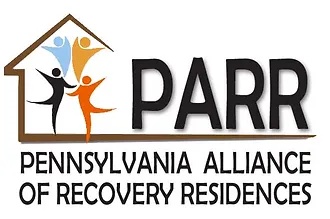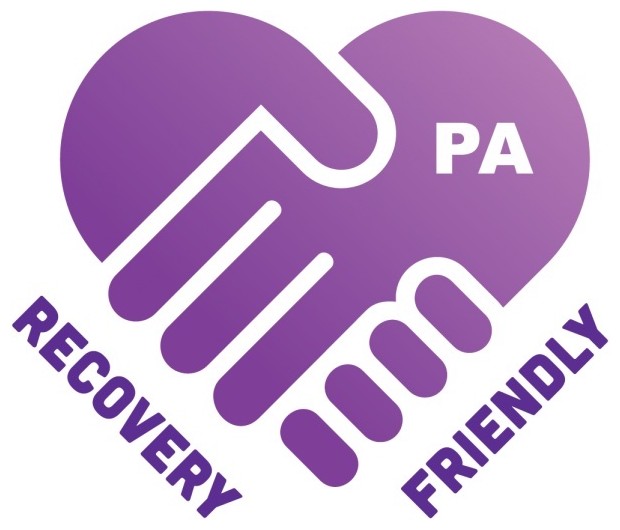WHAT IS ALCOHOL?
Almost everywhere, alcohol is promoted to facilitate relaxation, celebration and socialization. It is important in many cultural and religious traditions, and the industry provides a significant contribution to the economy through sales, production, and employment. Although there are educational advertisements based on responsible consumption, society grapples with the challenges associated with alcohol. Alcohol abuse can lead to negative consequences such as health problems, legal problems, accidents and family/social issues. If you or your loved one is struggling with alcohol, there is help.
WHAT ARE THE SIGNS OF ALCOHOLISM?
Signs of alcoholism can vary, but some common indicators include:
- Increased tolerance to alcohol, needing more to feel its effects.
- Withdrawal symptoms when not drinking, such as nausea, sweating, or shaking.
- Drinking in larger amounts or for longer periods than intended.
- Unsuccessful attempts to cut down or control alcohol use.
- Spending a lot of time obtaining, using, or recovering from alcohol’s effects.
- Giving up important social, occupational, or recreational activities due to alcohol use.
- Continued alcohol use despite knowing it’s causing physical or psychological problems.
- Hiding alcohol use or lying about it.
- Drinking in situations where it’s physically dangerous, such as while driving.
- Continued drinking despite strained relationships or social problems caused by alcohol use.
- Isolating from family and friends due to the shame of an individual’s drinking is also a sign of alcohol abuse. If you or your loved one is exhibiting these signs, please seek professional assistance, you are not alone.
WHAT ARE THE LONG-TERM EFFECTS OF USING ALCOHOL?
The long-term effects of alcohol consumption can impact various aspects of physical and mental health. Some common long-term effects include:
- Liver Damage: Chronic alcohol use can lead to liver conditions such as fatty liver, alcoholic hepatitis, fibrosis, and cirrhosis.
- Cardiovascular Issues: Long-term alcohol abuse can contribute to high blood pressure, heart disease, and an increased risk of stroke.
- Neurological Effects: Prolonged alcohol use can lead to cognitive impairment, memory problems, and an increased risk of neurological disorders such as Wernicke-Korsakoff syndrome.
- Mental Health: Alcohol abuse is associated with an increased risk of anxiety, depression, and other mental health disorders.
- Digestive System Problems: Alcohol can cause inflammation of the stomach lining, ulcers, and an increased risk of digestive cancers.
- Weakened Immune System: Chronic alcohol use can weaken the body’s immune system, making individuals more susceptible to infections and illnesses.
- Social and Occupational Impacts: Long-term alcohol abuse can lead to strained relationships, financial difficulties, and challenges in maintaining employment.
It’s important to note that the long-term effects of alcohol can vary depending on factors such as the amount and duration of alcohol consumption, individual health status, and genetic predispositions. Seeking professional help and support for alcohol-related issues is crucial for mitigating these long-term effects and improving overall well-being.
WHAT DOES DETOX LOOK LIKE FOR ALCOHOL?
Detox for each individual is different, depending on the frequency of use, length of time of use, and physical health of the person affected. Alcohol detox can be dangerous if not treated properly, it is highly suggested to seek help from a professional.
Detox from alcohol often involves several stages. Within the first few hours after the last drink, withdrawal may begin with mild anxiety and shakiness to more severe symptoms such as hallucinations, seizures, or delirium tremens (DTs). In a medically supervised detox, a healthcare professional can provide support and comfort medication to manage the symptoms and ensure the safety of the detox process. This process includes monitoring vital signs, administering medications to alleviate symptoms, and providing emotional support.
Alcohol detox duration can vary, symptoms typically peak within the first few days and gradually improve over the course of a week or so. Some symptoms, such as anxiety and sleep disturbances may persist for a longer period of time. Most detox programs for alcohol are between 7-10 days in length.
WHAT DOES A RECOVERY PROGRAM LOOK LIKE FOR ALCOHOL?
After finishing detox for alcohol, it is important for an individual to begin a recovery program for support and success in staying abstinent from alcohol. Individuals are encouraged to participate in either residential treatment facilities, or Outpatient services that work around their individual needs. Recovery programs are often personalized to address specific needs and the goal is a comprehensive support system that addresses the physical, emotional and social aspects of recovery from alcohol addiction.
Some of the main components of alcohol recovery include therapy and counseling to address underlying triggers and issues, both individual settings and group sessions have been proven to help. Educating an individual and their loved ones about the effects of alcohol on the body and mind, developing coping strategies and relapse prevention skills. Making lifestyle changes to involve adopting healthier habits, such as regular exercise, improved nutrition and stress reduction techniques. Aftercare planning and family involvement help with developing a plan for ongoing support after the formal treatment program ends and involves family in the recovery process and can be beneficial for both the individual and their loved ones.
Another popular and proven method to assist in recovery is participating in a 12 Step support group, such as Alcoholics Anonymous or Celebrate Recovery. Through these programs an individual learns the therapeutic value of one addict helping another, being surrounded by other individuals that have experienced the same situations and hardships that they have is an evidence-proven method of assisting with sustained recovery. Research suggests that participation in AA and similar programs can be beneficial for many individuals in recovery from alcohol addiction. Some studies have found that regular attendance at AA meetings is associated with improved abstinence rates and overall well-being.




